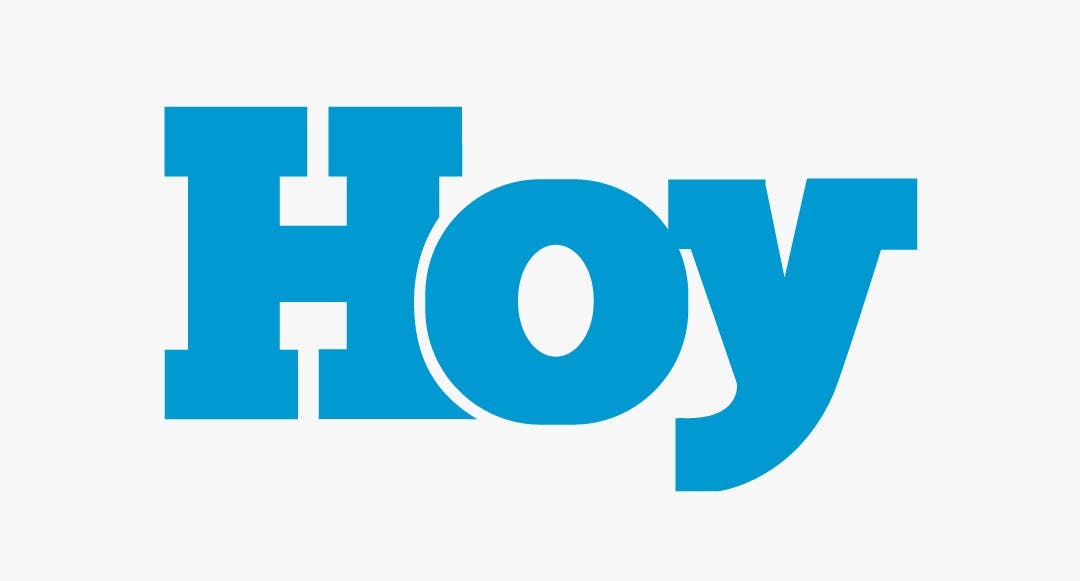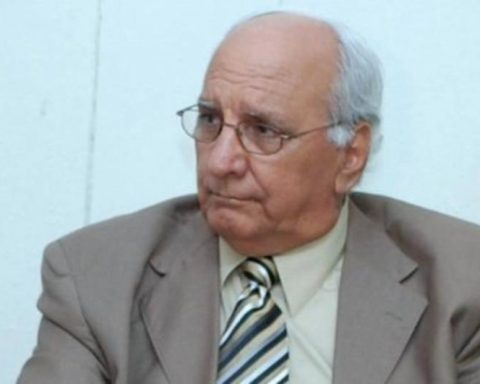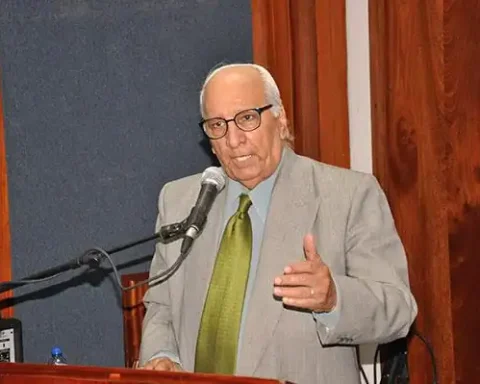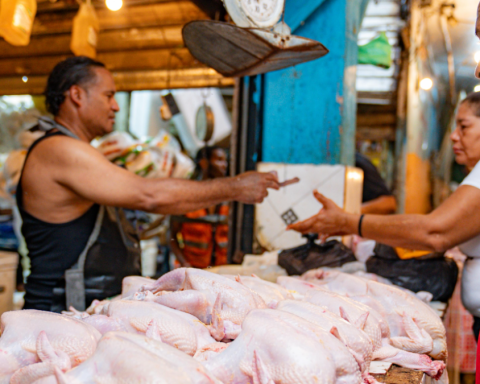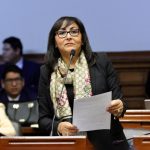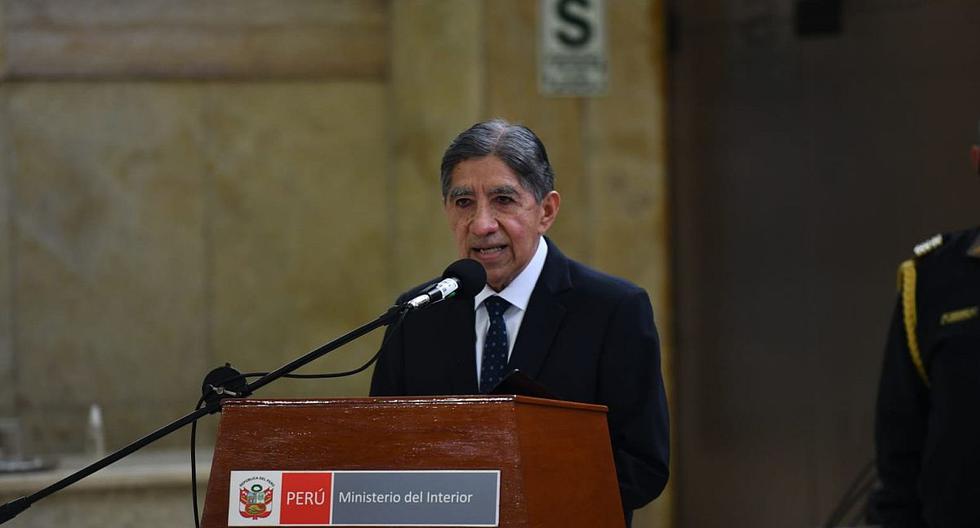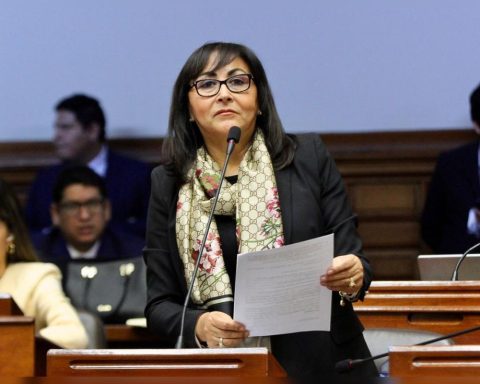The country’s Central Bank (BCRD) decided yesterday to increase its monetary policy interest rate by 100 basis points, from 3.50% per year to 4.50% per year. In this way, the rate of the permanent liquidity expansion facility (1-day Repos) increases from 4.00% per year to 5.00% per year and the rate of remunerated deposits (Overnight) from 3.00% per year to 4.00% per year.
He explained that these increases in the monetary policy rate of 50 basis points in the month of November and of 100 basis points will now place said reference rate at 4.50% per year, the level at which it was prior to the pandemic. “The implementation of these measures is aimed at facilitating the convergence of inflation to the target, keeping the expectations of economic agents anchored and preventing the risk of an overheating of the economy that could cause an overflow of pressures to be generated in the future. inflationary and an internal macroeconomic imbalance ”, he explained.
He indicated that this decision regarding rates is based on a comprehensive assessment of the impact of COVID-19 on the world economy and the persistence of inflationary pressures of external origin.
In that order, the dynamics of prices continues to be affected by more permanent supply shocks than expected, associated with higher prices of oil and other important raw materials for local production, as well as the increase in global freight costs due to container shortages and other distortions in supply chains.
The entity said that the consumer price index (CPI) in November was 1.08%, while the accumulated inflation during the first eleven months of 2021 was 7.71%. On the other hand, core inflation, which excludes the most volatile components of the basket, reached 6.63% year-on-year in November, reflecting return effects from higher production costs associated with external shocks.
According to economist Henry Hebrard, this rate increase will not stop the upward trend of inflation in the short term. “This could confirm the fears of an overheating of the economy that would end up closing 2021 with a huge growth of 12.0% versus 2021, well above the target of 5.0% initially contemplated in the 2021 budget,” he said
Criticizes BC rate increase
This decision was criticized by the economist Luis Vargas. “The rise in interest rates in a scenario of growing deficits in the trade balance of goods and fiscal and quasi-fiscal accounts, points to the danger of default and greater precariousness of the vast majority of families and MSMEs.” He said that the current crisis has just given a check to the erroneous monetary, credit and exchange policy of the BCRD.
